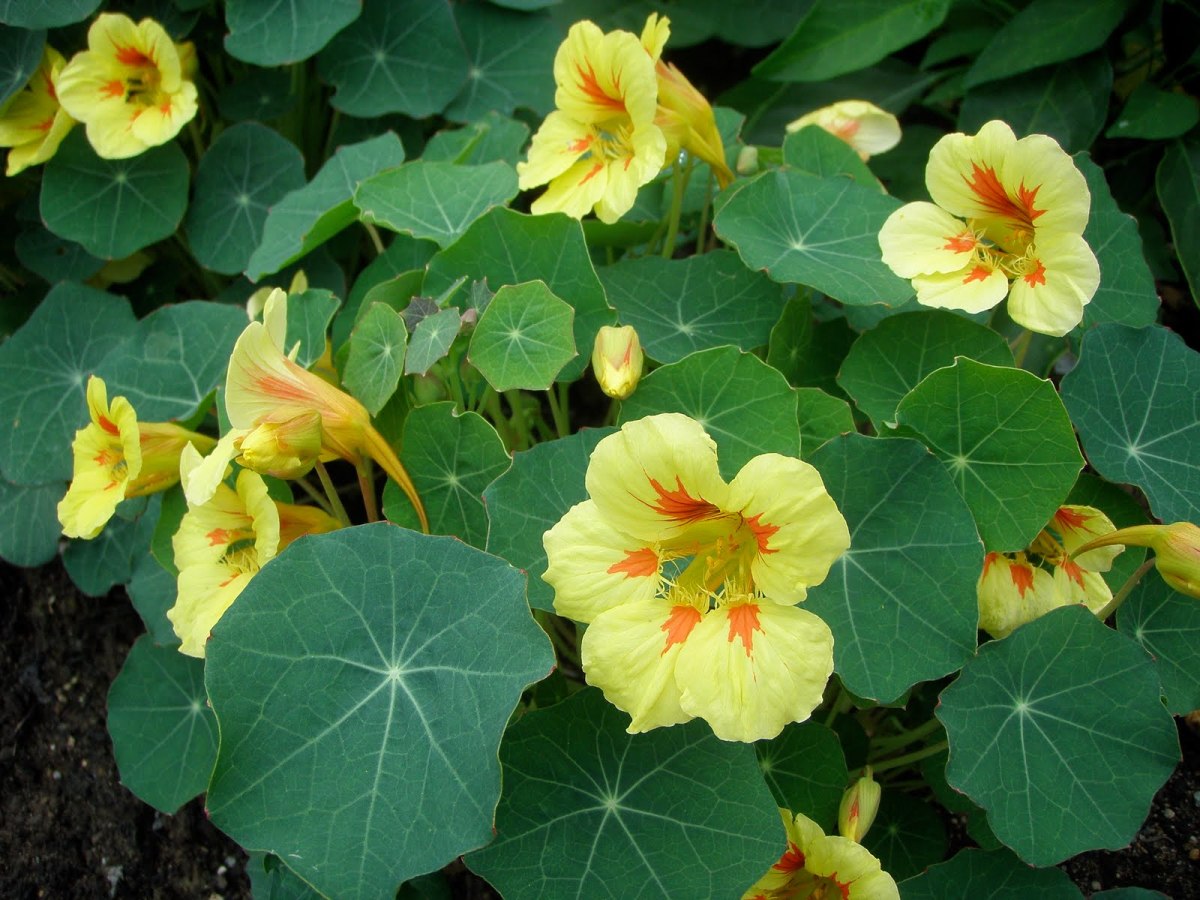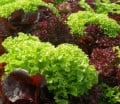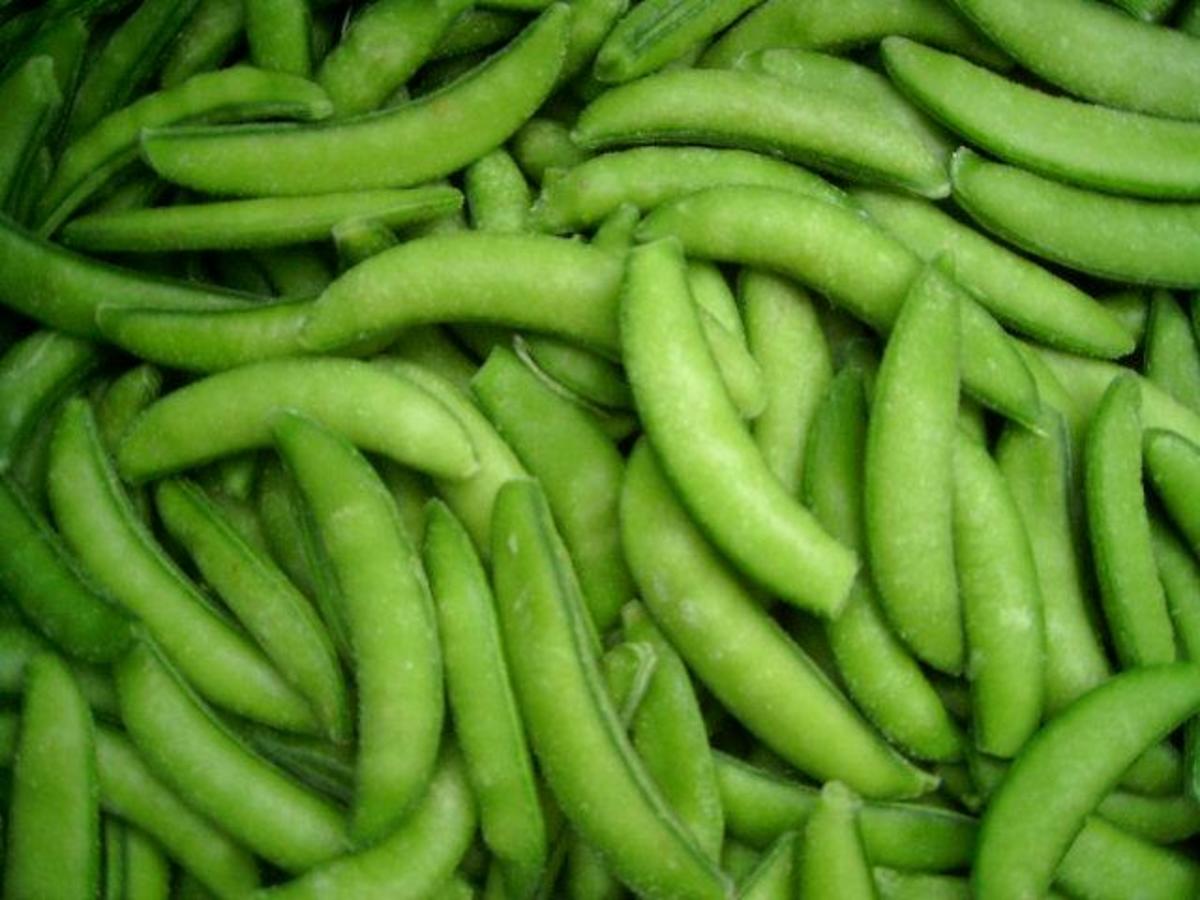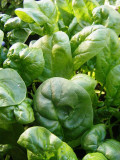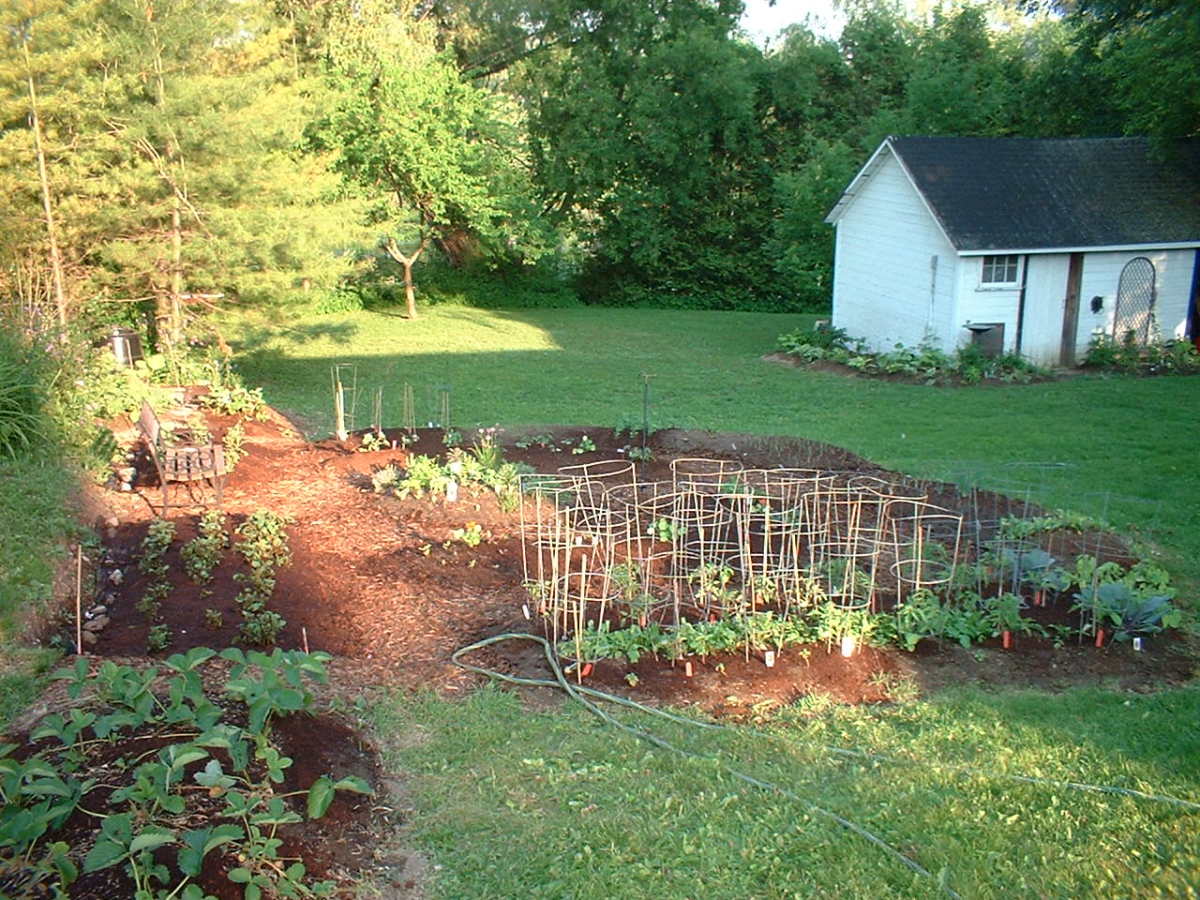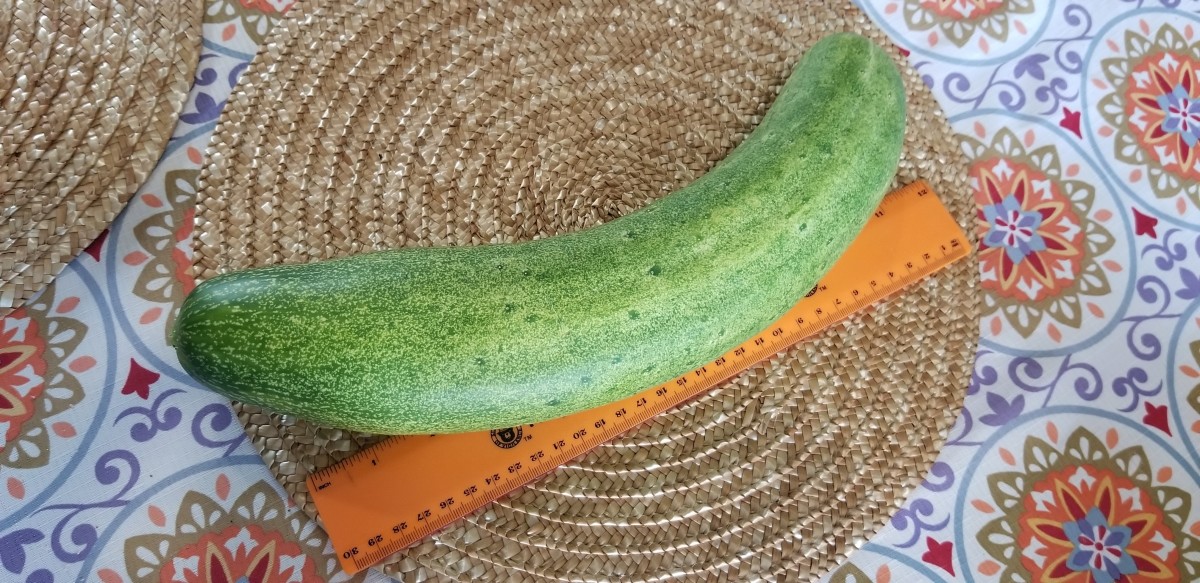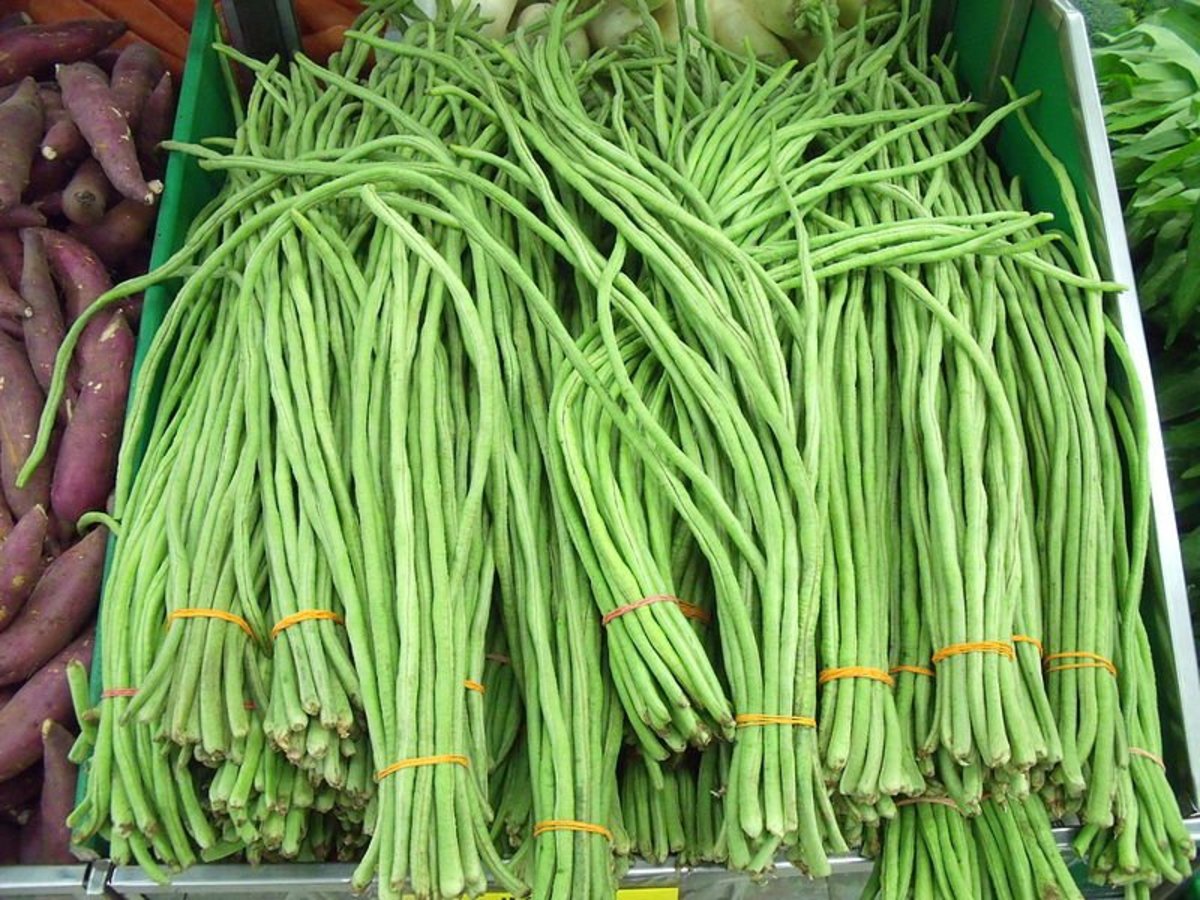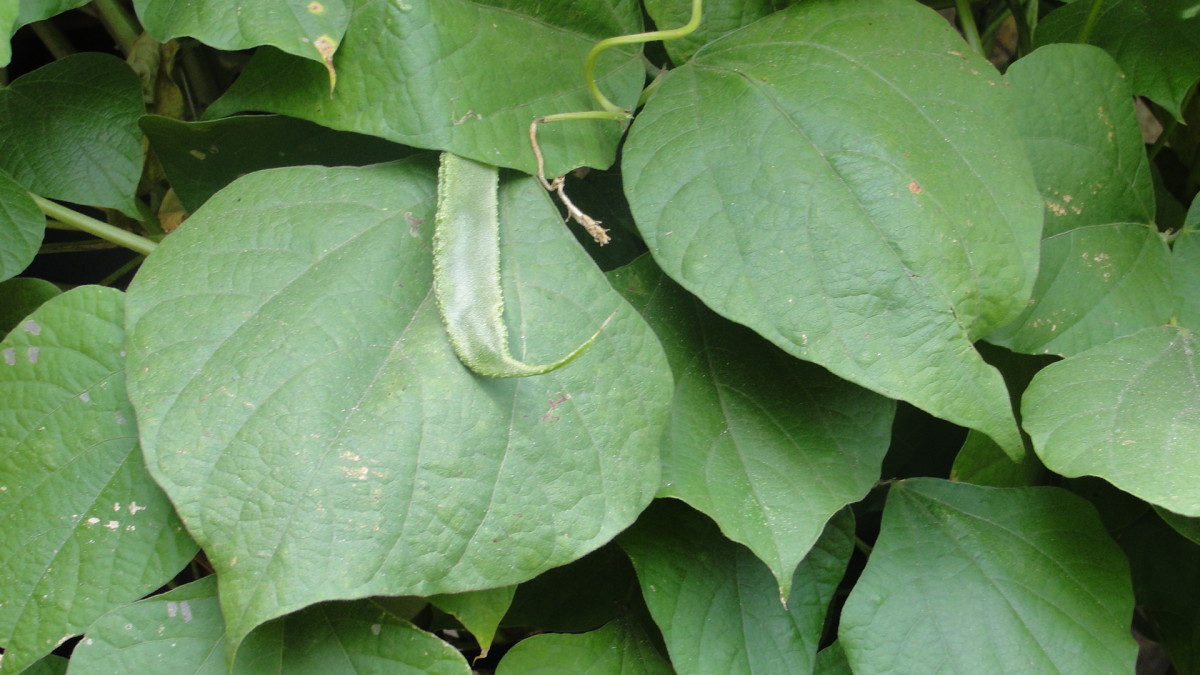When to Begin Planting a Garden
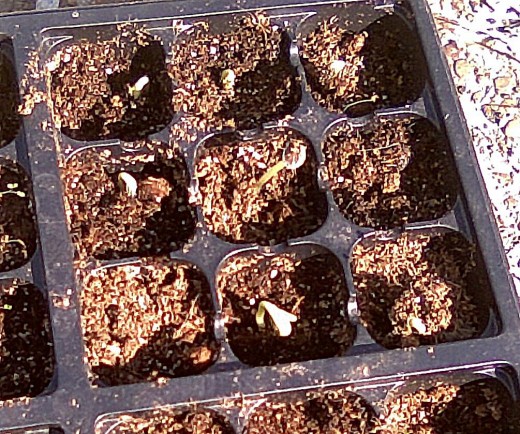
As a novice gardener waiting eagerly for spring to arrive, I am curious about what I should be doing right now to prepare. I worry about the window of opportunity for certain projects. I know that succesfully planting a garden requires staying on top of certain variables. My question of the moment is "What should I be planting and when?" What if I start seeds too early? Will they wilt waiting to go into the garden? Some plants require a longer growing season than others. If I plant too late will I lose the crop? Rather than getting neurotic over the whole affair, I dove into the research.
An avid gardener I know told me that by St. Patrick's day you should have planted your PLOPs-- that is Peas, Lettuce, Onions, Potatoes. A rural friend of mine who always has a beautiful yeild said that a garden should be planted around Mother's Day. I appreciate having some easy, reliable sort of rule of thumb to go to.
Going to the internet, I wanted to see if I could find any sort of confermation of the things my friends had told me. I appreciate their wisdom but would like to hear what the experts have to say on the subject. Thegardenhelper.com proved to be an invaluable reasource. There is information on many aspects of gardening. Regarding my quest, however, there was a tidy chart listing vegetables, when they should be planted, how far apart, time to mature, etc. I also enjoy a good chart when it can help clarify valuable information.
What I found is that some seeds, namely: cabbage, cauliflower, lettuce, eggplant, peppers and tomatoes should all be started indoors in February or March. In April bush and pole beans can both be started in the garden, likewise, asperagus, beets, carrots, cabbage seed--if you do not wish to start it indoors, lettuce, onion sets, peas-- which, according to gardenhelper should be planted every two weeks, potatoes and spinach. In May, cauliflower, broccoli, cucumbers, eggplant okra, peppers, pumpkins, radishes, squash, tomatoes and melons are added to the list.
Some vegetables can be planted and then harvested early, leaving time to plant and harvest a second time during a season. Beets, for example, can be planted a second time in June, carrots in July. While I'm certain the proceeding is not an exhaustive list, it does seem to cover some of the most popular garden vegetables.
So, what advice do you follow? My friend who mentioned planting PLOPs by St. Patrick's Day is not native to this state. I believe she was raised in the west. At the time of this writing it is March. Everything is grey and soggy. Even if a patch of ground could be tilled, anything planted would likely wash away. April seems a more logical time for early planting-- at least where I live: Ohio. It is recommended that most other vegetables be planted after the last frost of the spring. Mother's Day is a reasonable time to expect the last frost to have passed. I do plan to start some items indoors this week and see what kind of a reaction I get.
It seems that the best advice is to cultivate a wide variety of information and then use one's best judgement. Sometimes, one's best judgment is not enough and trial and error is the only way. I hope the challenge of planting a garden will prove rewarding.
- Get Ready for Spring! Start Seedlings Indoors
As winter gasps its last cold breaths, get a jumpstart on spring. Start seeds indoors. Your home will be brighter, your landscape will bloom sooner, and your vegetable garden will produce earlier if you do. ... - Seed Starting
When deciding what you want to grow, consider your needs and the space you have available. If you have limited space, try growing things that take up a minimal space in your garden. Some good choices... - Seed Starting on the Cheap
I love to garden. I am also a tightwad, a cheapskate, or more nicely said, a frugal person. I hate spending money. Starting vegetables from seed gives me rich pleasure because not only do I get to garden,...
resources
- The Garden Helper\'s Guides to Gardening for Beginners
The Garden Helper is a free gardening site dedicated to helping gardeners of all ages and experience level, grow and care for their plants and flowers, create new gardens and resolve their gardening problems


